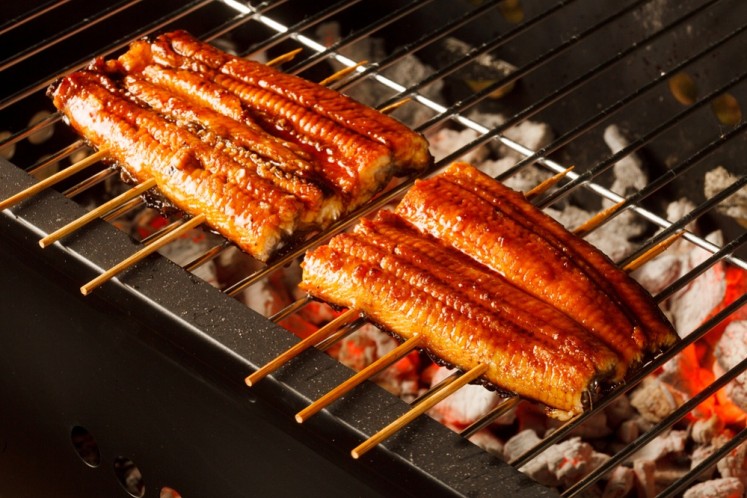[ad_1]
San Francisco – Tesla can hardly make enough electric vehicles to meet booming demand, but behind the world’s most valuable auto brand is its troubled California factory that makes most of those cars.
The Fremont plant near San Francisco has seen a spate of sexual harassment lawsuits, years of racism allegations — including a California civil rights agency complaint in recent days — and even a murder last year between workers in its parking lot.
Experts, accusers and lawyers described a place with a combustible mix of massive pressure to deliver on CEO Elon Musk’s ambitious goals, contracts that restrict workers’ recourse and a corporate culture of breaking rules.
Tesla did not respond to a request for comment, but in a rare statement on equality this week said it strongly opposed discrimination and has a workforce that is overwhelmingly non-white.
“A narrative spun by the DFEH (California’s civil rights agency) and a handful of plaintiff firms to generate publicity is not factual proof,” Tesla statement said.
The Fremont factory is a sprawling 370-acre (150-hectare) site across the bay from San Francisco that Tesla says has the capacity to make some 600,000 vehicles a year, far ahead of its site in Shanghai or two that will come online in Texas and Berlin.
Its production has ramped up fast — with the number of vehicles delivered increasing by 87% in 2021, the company reported in January.
Musk tweeted two years ago that he sees the company producing 20 million cars per year by 2030.
“Problems have plagued the factory because they have been reinventing a wheel that Ford or GM invented decades ago,” said analyst Rob Enderle.
The plant, which Tesla took over in 2010 and today has more than 10,000 workers, was operated by GM for decades and then under an arrangement between the American auto giant and Toyota that ended in 2009.
“We’ve heard consistently from workers over the years that they’re put under an incredible amount of pressure on the production line, to produce cars so quickly that in fact, many have become injured as a result,” said Steve Smith, communications director at the California Labor Federation.
Tesla has pushed back in past years saying injuries were falling.
The Fremont plant has also had other trouble, including when a Tesla worker allegedly shot and killed a colleague last year outside the plant after work following a dispute.

‘Regardless of consequences’
At the same time, the factory has been dogged for years by allegations of racist abuse against workers — which resulted in a strongly worded lawsuit this week from the California Department of Fair Employment and Housing calling the site a “racially segregated workplace.”
“It’s about time,” ex-plant worker Owen Diaz said of the suit.
Diaz, who is Black, was awarded $137 million by a California jury in October after he alleged the company turned a blind eye to racist abuse he faced at work.
He said colleagues referred to him using slurs in 2015 and 2016, but when he complained there were negative consequences for him.
For Diaz, one of the problems is written into many Tesla workers’ contracts: binding and confidential arbitration that requires a private dispute resolution process. He didn’t sign one.
“Arbitration is not good for common workers, it’s only good for the company,” he said. “Reason being is because whatever I do as a company, I’m not really liable for it.”
A 2017 suit, seeking to be a class action representing over 100 Black workers, called the Fremont plant a “hotbed for racist behavior.”
Diaz’s attorney Larry Organ said the case has been repeatedly delayed, at one point over an attempt by Tesla to force the proceedings into arbitration.
“A company like Tesla, (is one) that you kind of want to root for,” he added, noting the role of electric vehicles in fighting climate change.
“It just seemed like a perfect thing. And then I started getting these calls from people,” he added, referring to Black Tesla workers.
At least six women have also filed suits, alleging in sometimes graphic terms the verbal and physical harassment they said they experienced while on the factory floor.
All of them had worked at the plant within roughly the past two years, which would clash with Tesla’s argument made in 2021 after the Diaz verdict that the “company has come a long way from five years ago.”
Attorney David Lowe represents the women and sees several factors feeding the alleged misconduct in Fremont, including the spirit of a company that has battled regulators and rules in general.
“Tesla has made a show of being transgressive,” he said. “It all contributes to an environment and a culture where people feel like they can do whatever they want, regardless of the consequences.”
In a time of both misinformation and too much information, quality journalism is more crucial than ever.
By subscribing, you can help us get the story right.
SUBSCRIBE NOW
[ad_2]
Source link


















